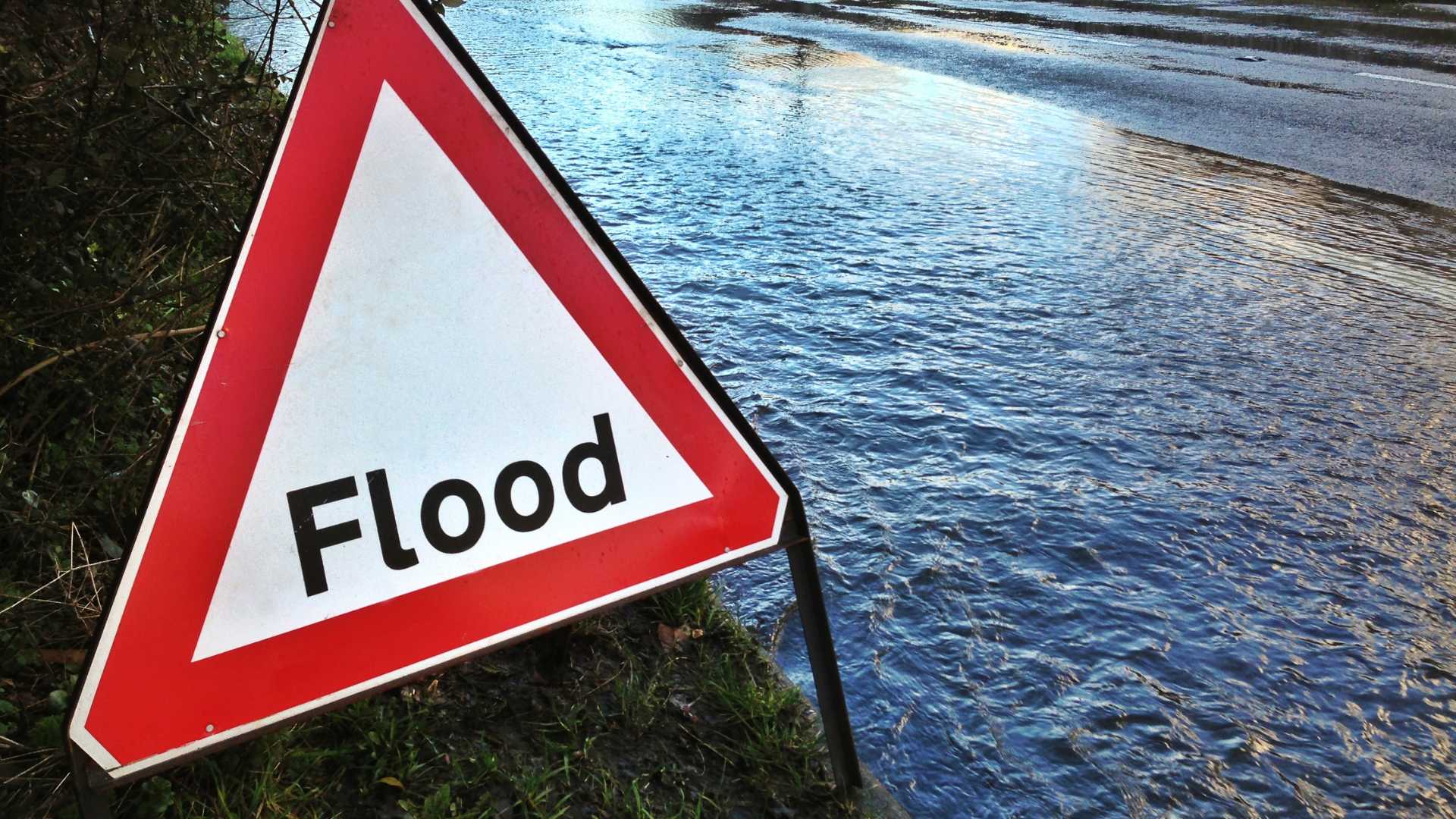
Air Pollution Linked to 1,700 Premature Deaths in Ireland Each Year

Air pollution continues to pose a serious threat to public health in Ireland, with an estimated 1,700 premature deaths each year attributed to poor air quality, the Environmental Protection Agency has reported.
The agency’s Air Quality in Ireland 2024 report shows that while the country currently meets EU standards, future targets will be harder to achieve.
Fine particulate matter from solid fuel burning and nitrogen dioxide from traffic are the main contributors to air pollution in Ireland. Exposure to these pollutants increases the risk of cardiovascular and respiratory diseases, dementia, type 2 diabetes, and neonatal mortality. Children and older adults are particularly vulnerable.
The report warns that stricter EU limits coming into force from 2030 will be difficult to meet. Ireland is projected to comply with 93 per cent of the new standards for PM2.5 and just 78 per cent for nitrogen dioxide. Even under current conditions, the country falls short of the World Health Organisation’s health-based guidelines for several pollutants.
Pat Byrne, director of the EPA’s Office of Radiation Protection and Environmental Monitoring, said the findings underline the need for urgent action. “Many of us have grown up with open fires and relied on cars, but these familiar habits contribute to poor air quality. Supporting cleaner heating and sustainable travel is about gaining healthier air and healthier lives,” he said.
Roni Hawe, EPA programme manager for environmental monitoring, added that achieving the 2030 and 2040 targets will require a shift away from solid fuel burning, greater use of electric vehicles, reduced traffic, and more public transport.
Air pollution is not limited to cities; towns and villages are also affected. The EPA provides real-time updates and a three-day air quality forecast on www.airquality.ie.
Share this WeathÉire story:






